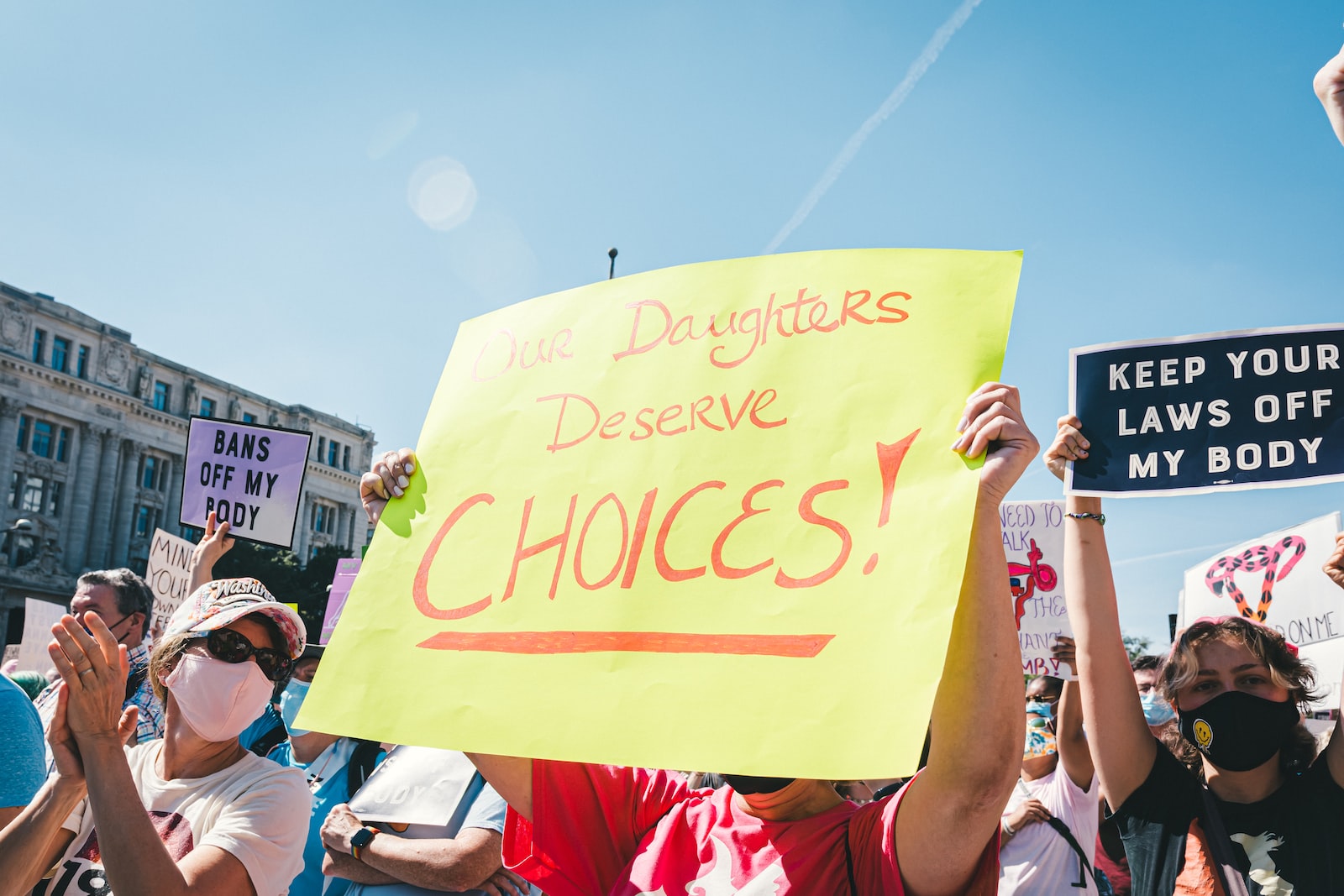![]()
Abortion laws vary greatly by country. In some countries, such as Canada and much of Europe, abortion is legal and widely available, while in others, such as Ireland and Poland, it is highly restricted.
In the United States, the Supreme Court established the right to abortion in the 1973 case Roe v. Wade. The ruling held that states could not ban abortion in the first trimester of pregnancy, but could regulate it in the second and third trimesters to protect the health of the mother. However, in recent years several states have passed restrictive laws which limit access to abortion.
In Latin America, some countries such as Uruguay, Cuba, and Mexico City have legal and unrestricted access to abortion, but in others like El Salvador, Nicaragua, Honduras, Chile, and Dominican Republic it is restricted or completely banned.
In Africa, while some countries like South Africa, Tunisia, and Cape Verde have legal and unrestricted access to abortion, but in others like Egypt, Ethiopia, and Nigeria it is restricted or completely banned.
In Asia, the laws vary widely as well. For example, in India, abortion is legal under certain conditions, while in China it is legal and widely available through the country’s population control policy. But in other countries like Philippines, Nepal, and Sri Lanka, it is restricted or completely banned.
In the Middle East, the laws on abortion are generally more restrictive, with most countries only allowing abortion in cases where the mother’s life is in danger.
It is important to note that laws and regulations change over time, and it is always best to check for the most current information on the specific country you are inquiring about.
